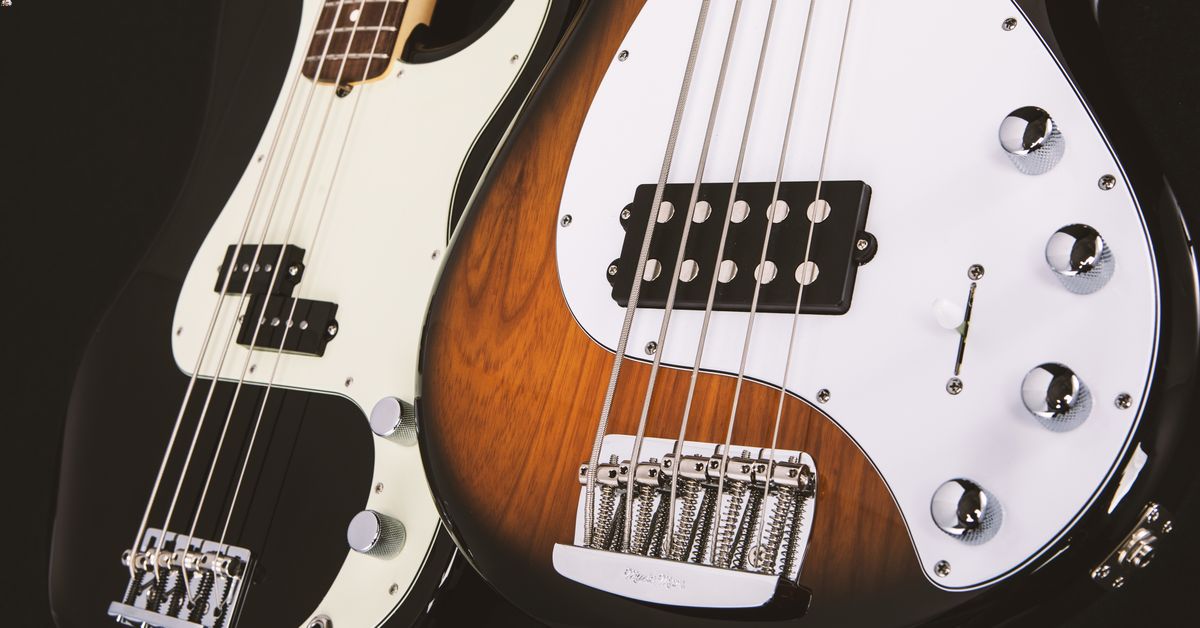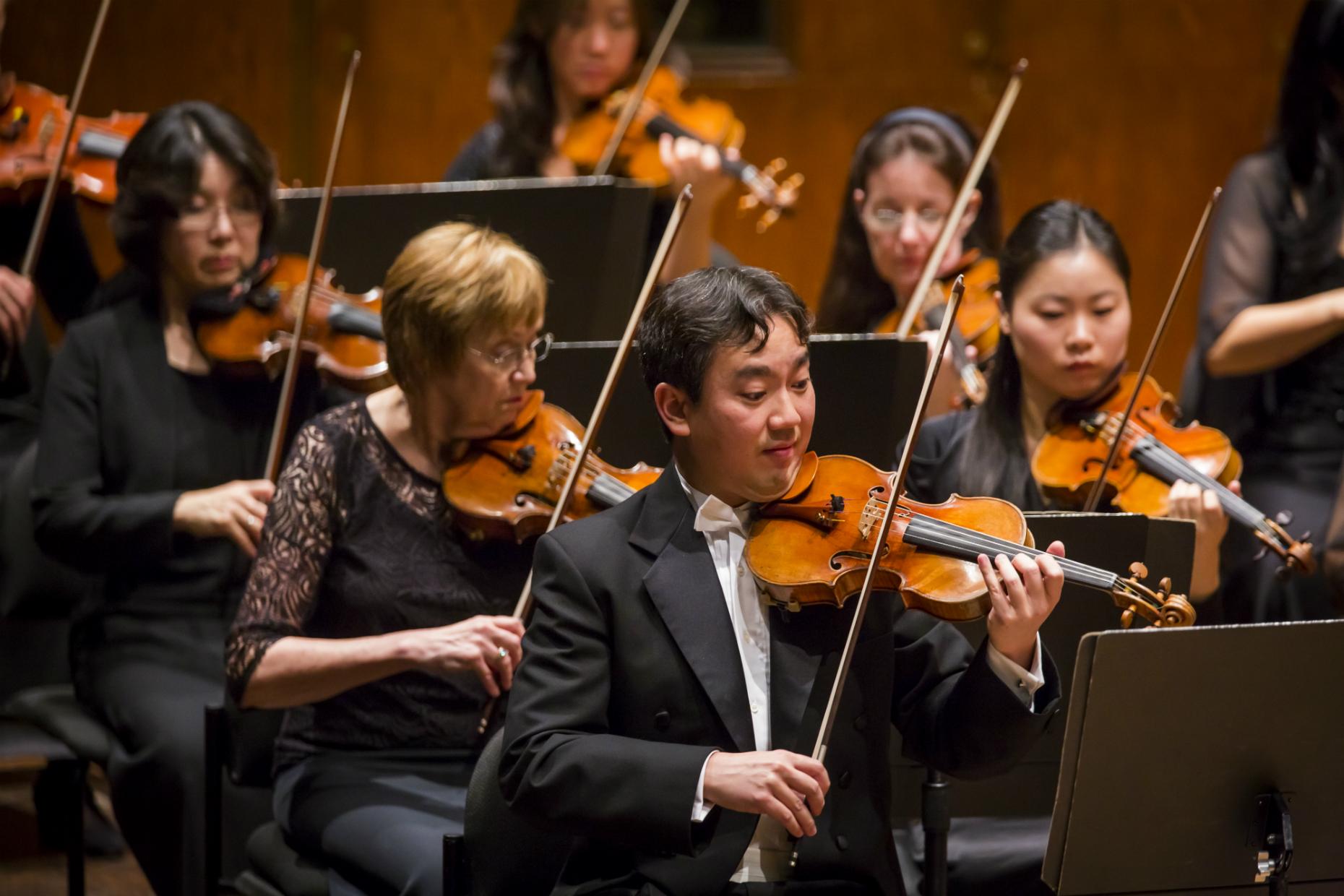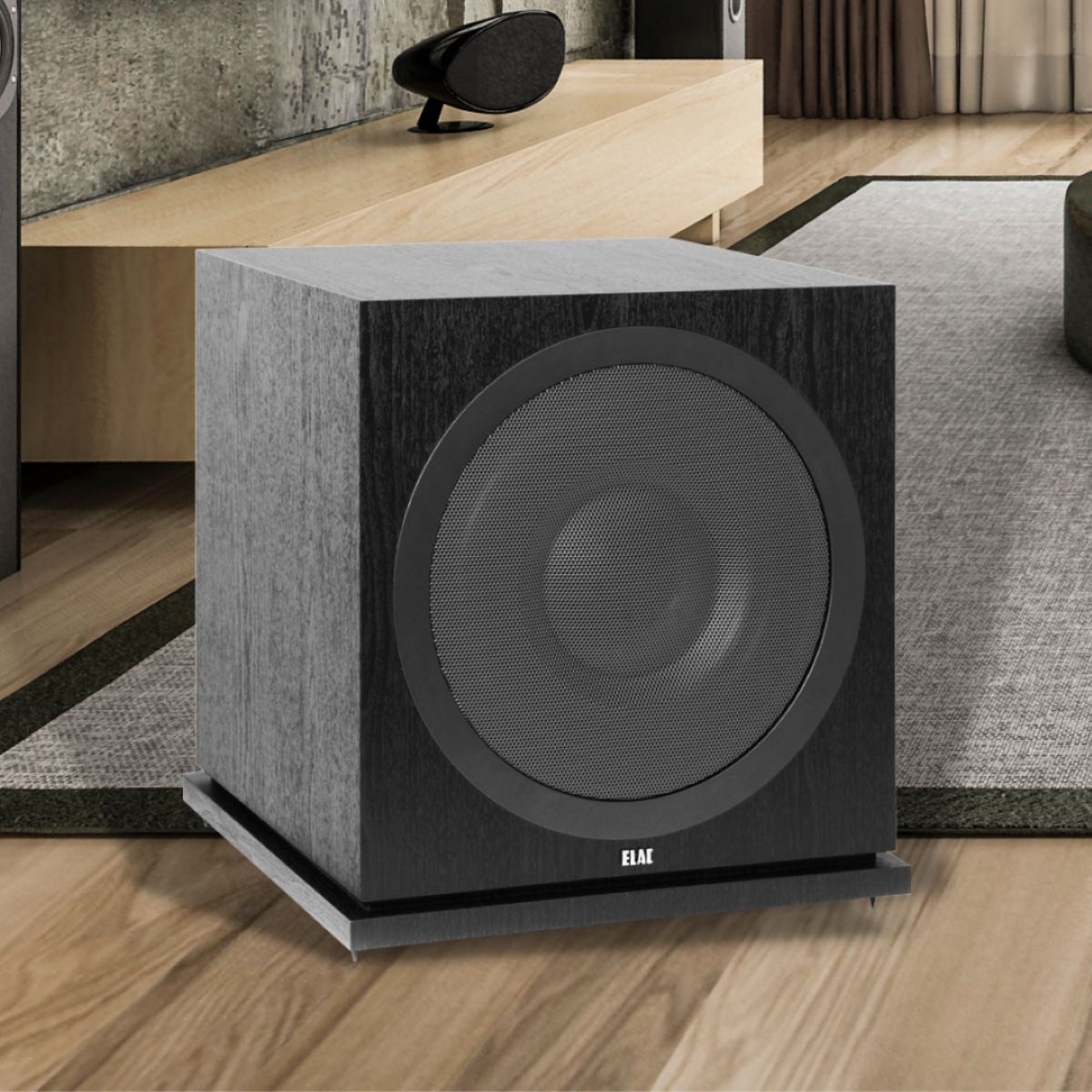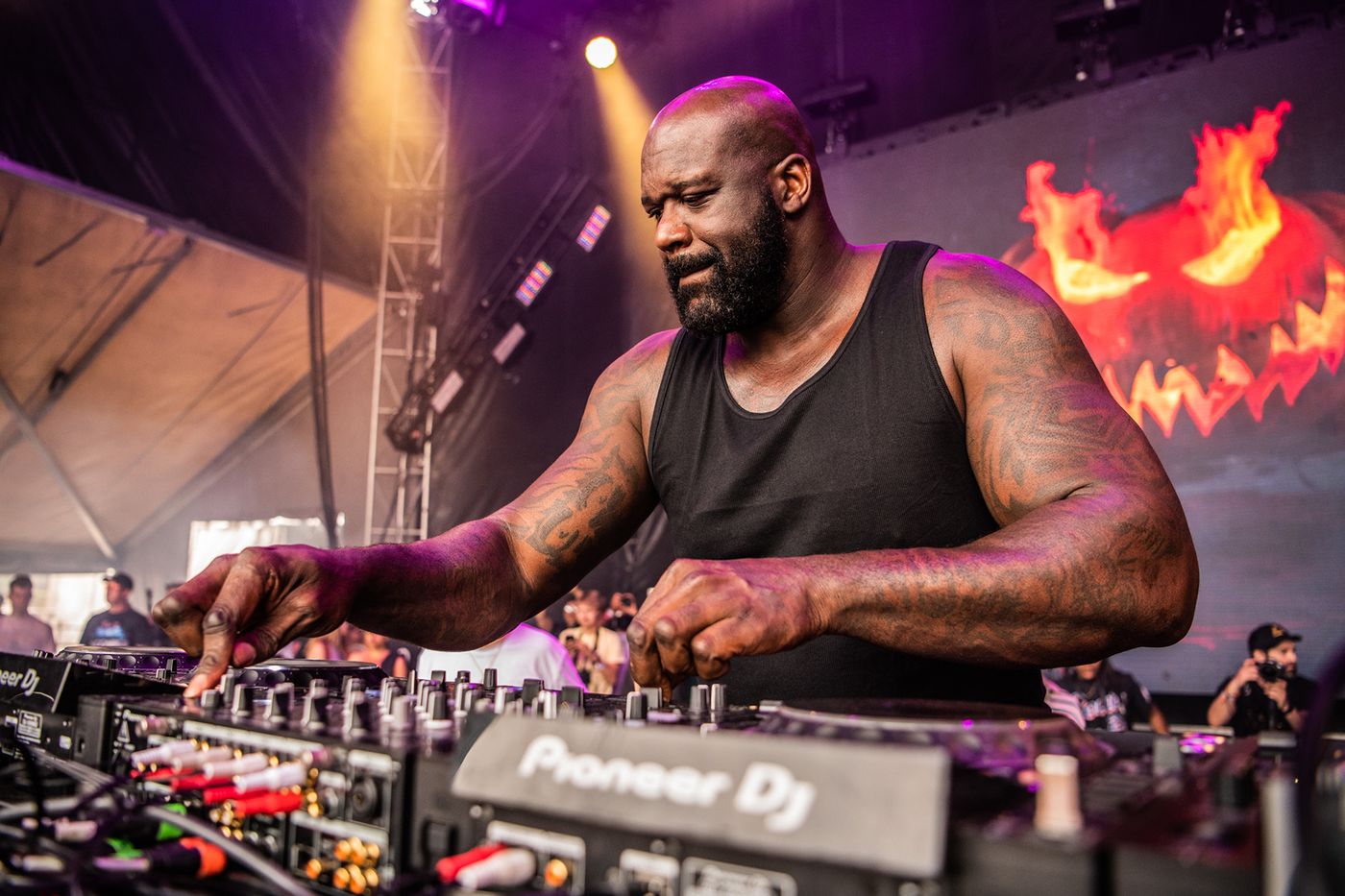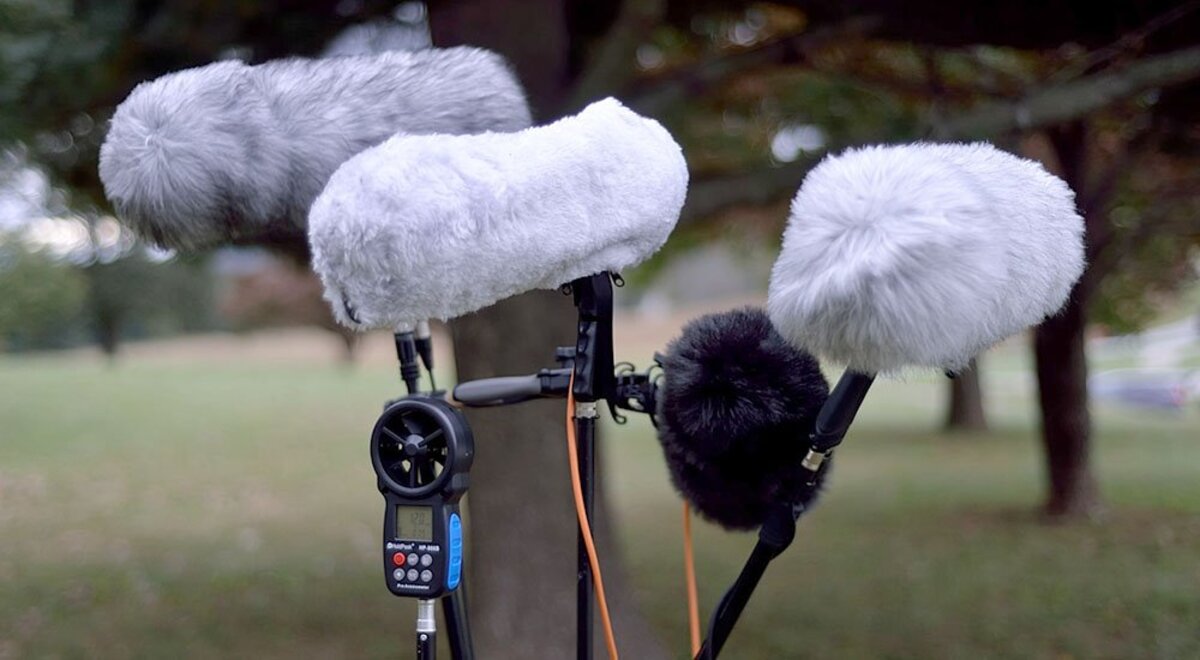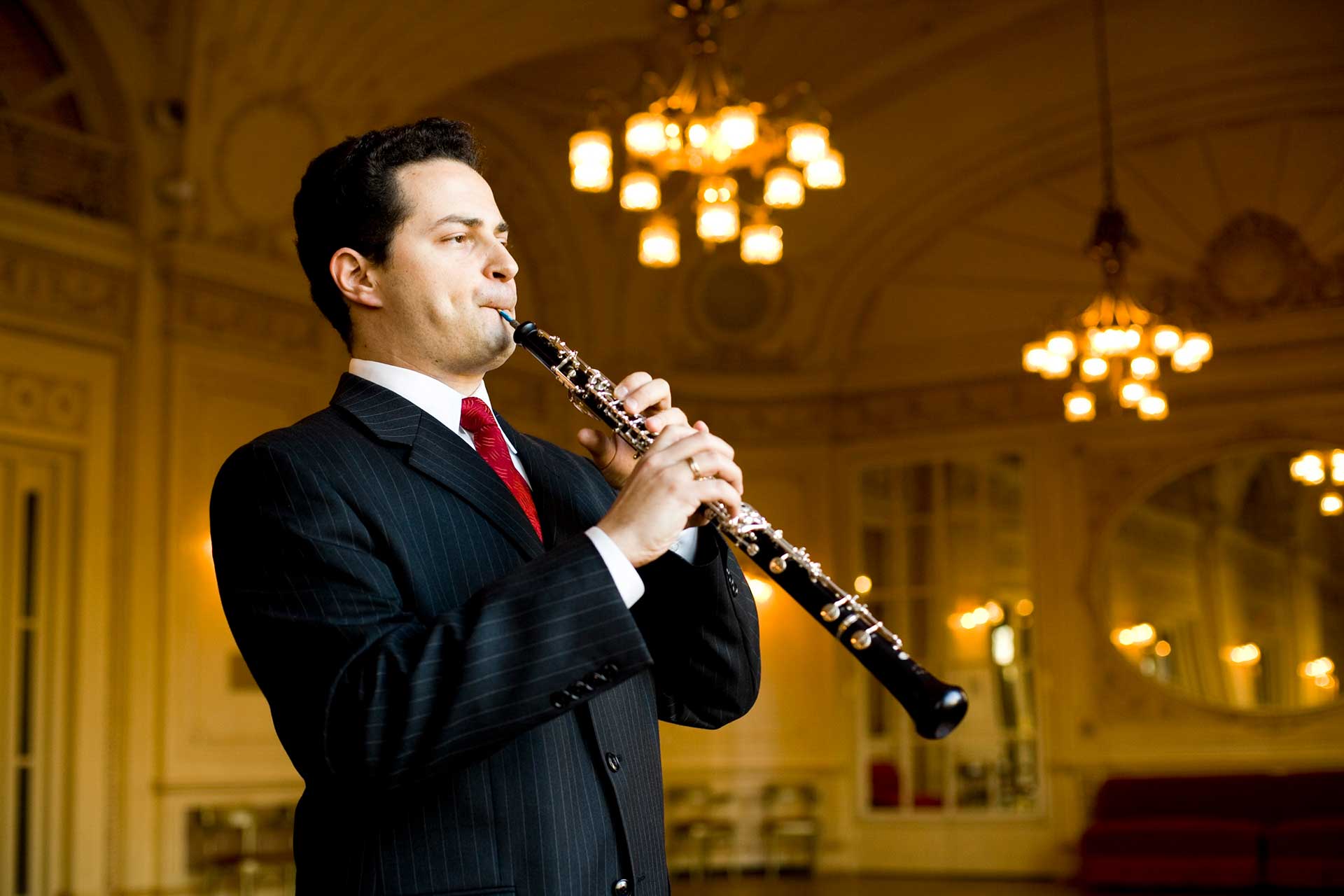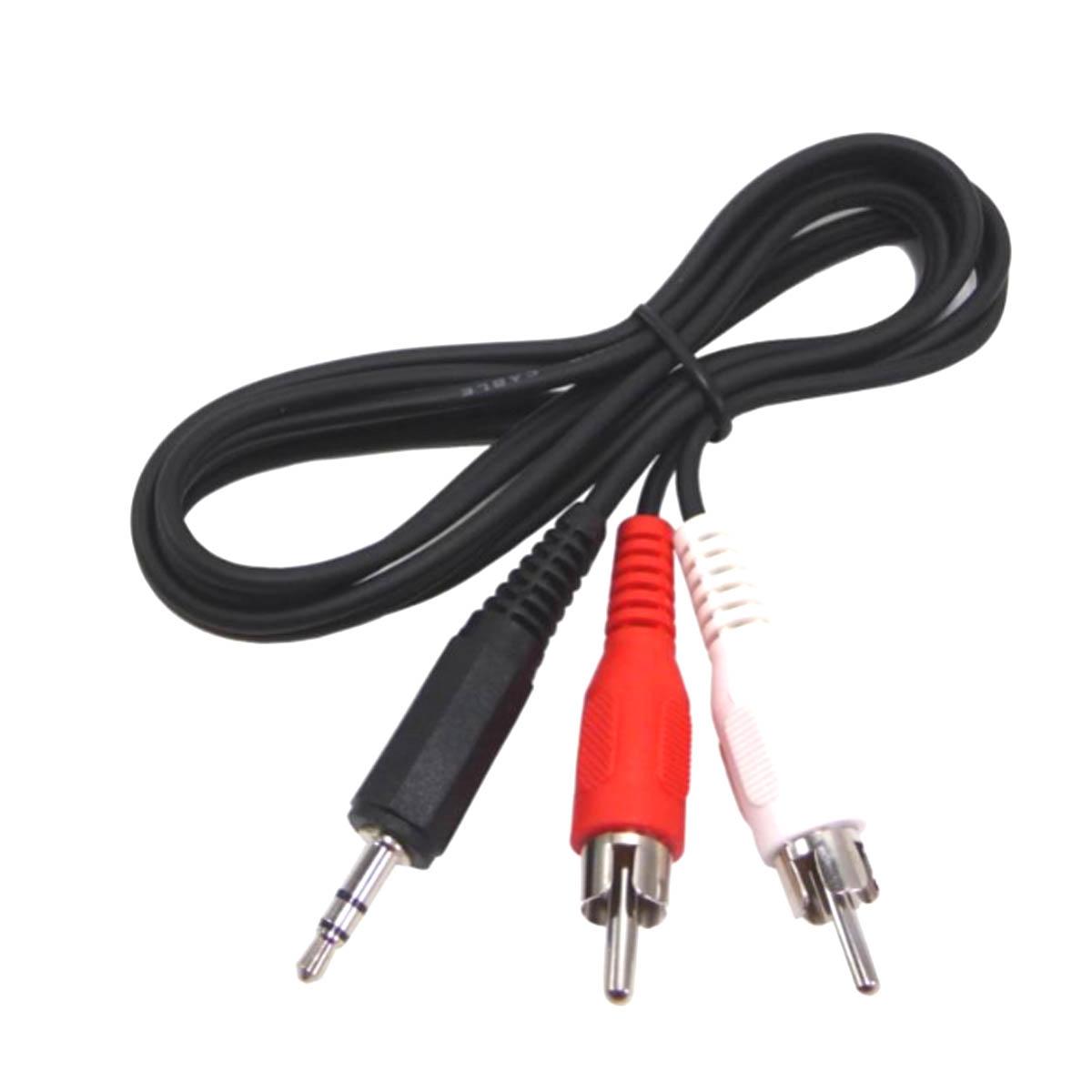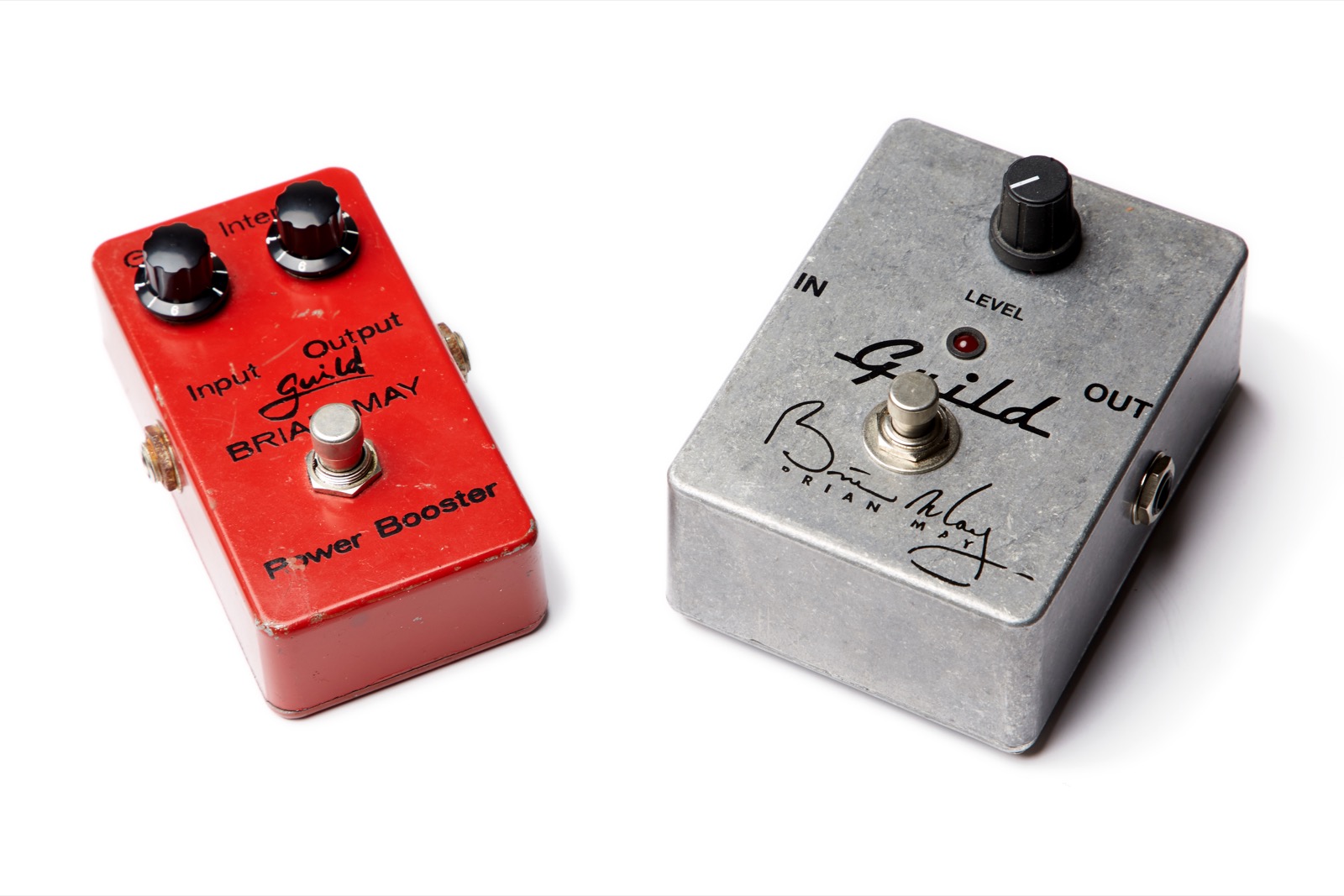Home>Production & Technology>Orchestra>What Does An Orchestra Conductor Do
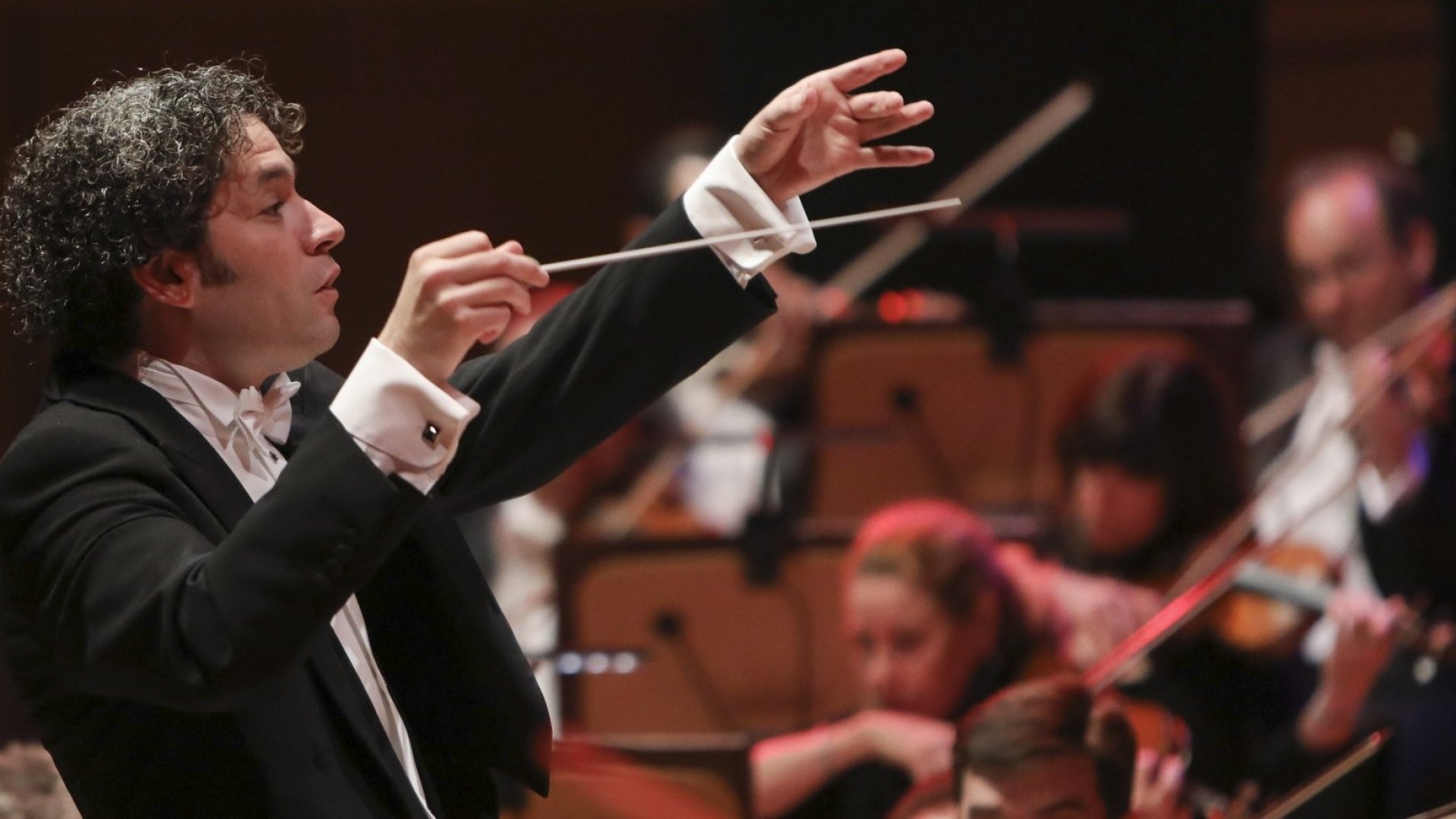

Orchestra
What Does An Orchestra Conductor Do
Published: February 24, 2024
Discover the essential role of an orchestra conductor and their impact on shaping the harmonious performance of a symphony orchestra. Learn about the skills and leadership required to conduct an orchestra effectively.
(Many of the links in this article redirect to a specific reviewed product. Your purchase of these products through affiliate links helps to generate commission for AudioLover.com, at no extra cost. Learn more)
Table of Contents
Introduction
The role of an orchestra conductor is often shrouded in mystery, yet their influence is felt in every note, every crescendo, and every moment of musical brilliance. Picture a symphony hall filled with anticipation, the air thick with the promise of a transcendent musical experience. As the lights dim and the audience hushes, all eyes turn toward the conductor, the maestro of this grand orchestral performance. The conductor's poised figure commands attention, exuding a magnetic energy that ignites the ensemble before them. It is within this charged atmosphere that the conductor's true magic unfolds.
The conductor holds the baton, a seemingly simple yet powerful tool that becomes an extension of their artistic expression. With a flick of the wrist, a subtle gesture, or a sweeping motion, the conductor shapes the music, guiding the musicians through a symphonic journey. Their movements convey emotion, direction, and interpretation, serving as a conduit between the composer's vision and the orchestra's execution.
In essence, the orchestra conductor is the unifying force that brings together individual musicians, each a virtuoso in their own right, to form a harmonious and cohesive ensemble. They are the master interpreter, breathing life into musical scores, infusing them with nuance, depth, and vitality. Beyond the technical aspects of timekeeping and cueing, the conductor's role transcends into the realm of artistic leadership, inspiring the musicians to reach new heights of musical excellence.
As we peel back the layers of this enigmatic role, we uncover the multifaceted nature of the orchestra conductor's responsibilities, the depth of their musical knowledge, and the unwavering passion that fuels their craft. Join us on a journey into the heart of the orchestra, where the conductor's baton becomes a beacon of artistry and the music resonates with the conductor's singular vision.
Role of an Orchestra Conductor
The role of an orchestra conductor extends far beyond the act of simply keeping time or signaling entrances. They are the visionary leaders who breathe life into musical scores, infusing them with emotion, interpretation, and artistic direction. At the core of their role is the ability to unify a diverse group of talented musicians into a singular, cohesive ensemble. The conductor's gestures, expressions, and nuanced movements serve as a language through which they communicate their interpretation of the music to the orchestra.
In addition to setting the tempo and shaping the overall musical interpretation, the conductor is responsible for conveying the composer's intentions to the musicians. This involves delving deep into the historical context, cultural influences, and artistic nuances of a piece of music, allowing the conductor to distill the essence of the composition and convey it to the orchestra.
Furthermore, the conductor acts as a mediator between the composer's vision and the orchestra's execution, channeling their understanding of the score into precise and expressive gestures that guide the musicians through the intricacies of the music. Their role is akin to that of a storyteller, weaving a narrative through sound and guiding the audience on an emotive journey through the music.
The conductor's influence extends beyond the technical aspects of music-making; they are the custodians of artistic interpretation, breathing life into musical phrases, shaping dynamics, and sculpting the overall sonic landscape. Their ability to inspire, motivate, and elevate the musicians under their guidance is a testament to their profound impact on the orchestra's performance.
In essence, the orchestra conductor is a master interpreter, a beacon of artistic leadership, and a catalyst for transcendent musical experiences. Their role transcends the realm of mere timekeeping, evolving into an art form that melds technical precision with boundless creativity. It is through their unwavering passion, profound musical insight, and magnetic presence that the orchestra conductor leaves an indelible mark on every performance, enriching the musical tapestry with their singular vision.
Responsibilities of an Orchestra Conductor
The responsibilities of an orchestra conductor encompass a multifaceted array of duties that converge to shape the artistic vision of a musical performance. At the forefront of their role is the task of interpreting musical scores and translating them into a compelling and cohesive musical narrative. This involves delving deep into the historical context, cultural influences, and compositional intricacies of each piece, allowing the conductor to distill the essence of the music and convey it to the orchestra.
Beyond interpretation, the conductor is tasked with setting the tempo, shaping dynamics, and cuing entrances, serving as the guiding force that steers the ensemble through the ebb and flow of the music. Their gestures, expressions, and nuanced movements become a conduit through which they communicate their interpretation to the musicians, infusing the performance with emotional depth and artistic nuance.
In addition to technical direction, the conductor assumes the role of a mentor and motivator, nurturing a collaborative and innovative environment within the orchestra. They inspire the musicians to elevate their individual performances, fostering a collective synergy that transcends the sum of its parts. This entails providing constructive feedback, refining musical phrasing, and cultivating a shared sense of musical expression among the ensemble members.
Furthermore, the conductor serves as a liaison between the composer's intentions and the orchestra's execution, ensuring that the essence of the music is preserved while allowing for artistic interpretation. Their ability to convey the composer's vision while infusing the performance with their own artistic insight is a delicate balance that requires profound musical acumen and expressive finesse.
The conductor's responsibilities extend to rehearsals, where they meticulously refine and polish the ensemble's performance, striving for a harmonious blend of technical precision and emotive depth. They orchestrate the collaborative effort of the musicians, sculpting the sonic tapestry with precision and passion, and guiding the ensemble toward a unified and compelling interpretation of the music.
In essence, the responsibilities of an orchestra conductor encompass a symphony of roles, weaving together artistic interpretation, technical direction, mentorship, and collaborative leadership. Their unwavering dedication to the craft, profound musical insight, and ability to inspire excellence in the ensemble solidify their pivotal role in shaping transcendent musical experiences.
Skills and Qualities Required
The role of an orchestra conductor demands a unique blend of skills, qualities, and attributes that transcend mere technical proficiency, encompassing a profound understanding of music, exceptional leadership capabilities, and an unwavering passion for artistic expression. Here are the essential skills and qualities required to excel in this esteemed role:
Musical Mastery
At the core of an orchestra conductor's skill set lies a deep and comprehensive understanding of music theory, composition, and historical context. They must possess an encyclopedic knowledge of musical repertoire spanning various genres and eras, allowing them to interpret and convey the nuances of diverse compositions to the orchestra. Mastery of conducting techniques, score analysis, and instrumental proficiency are vital components that underpin their musical expertise.
Interpretive Insight
An exceptional conductor possesses the ability to delve into the essence of a musical piece, unraveling its emotional, cultural, and historical significance. They must discern the composer's intentions, uncover the subtleties of the score, and articulate a compelling interpretation that resonates with both the musicians and the audience. This interpretive insight serves as the foundation for breathing life into the music and infusing it with depth and meaning.
Leadership and Communication
Effective leadership is paramount for an orchestra conductor, as they are tasked with unifying a diverse group of musicians into a harmonious ensemble. Clear and precise communication through gestures, expressions, and verbal direction is essential for conveying musical interpretation and technical guidance to the orchestra. The ability to inspire, motivate, and foster a collaborative spirit among the musicians is a hallmark of exceptional leadership in this role.
Emotional Intelligence
The conductor's capacity to connect with the musicians on an emotional level, empathize with their artistic journey, and cultivate a supportive and respectful environment is a testament to their emotional intelligence. This quality enables them to nurture a cohesive and inspired ensemble, fostering a shared sense of musical expression and a profound connection to the music being performed.
Adaptability and Resilience
In the dynamic realm of orchestral performances, the ability to adapt to unforeseen circumstances, navigate artistic challenges, and maintain composure under pressure is indispensable. A resilient conductor demonstrates grace and poise in the face of adversity, steering the ensemble through the complexities of live performances with unwavering confidence and adaptability.
Passion and Artistic Vision
Above all, an orchestra conductor must possess an unbridled passion for music and an unwavering commitment to realizing their artistic vision. Their boundless enthusiasm, creative fervor, and relentless pursuit of musical excellence serve as the driving force behind each performance, igniting a transformative and transcendent musical experience for both the musicians and the audience.
In essence, the orchestra conductor embodies a fusion of technical prowess, interpretive acumen, empathetic leadership, and unyielding passion, culminating in a role that transcends mere music-making to become a profound artistic endeavor. It is through the cultivation and embodiment of these skills and qualities that a conductor shapes the musical landscape, leaving an indelible mark on every performance.
Training and Education
Embarking on the path to becoming an orchestra conductor necessitates a rigorous and comprehensive training and education journey that cultivates a multifaceted skill set, deep musical insight, and unwavering dedication to the craft. While the specific educational trajectory may vary among individuals, several common avenues pave the way for aspiring conductors to hone their expertise and immerse themselves in the art of orchestral leadership.
Formal Music Education
A foundational pillar of a conductor's training often involves pursuing formal education in music, typically culminating in a bachelor's degree in music or conducting. This academic pursuit equips aspiring conductors with a solid grounding in music theory, composition, music history, and instrumental proficiency. The immersive nature of a music degree program fosters a deep understanding of diverse musical genres, historical contexts, and compositional techniques, laying the groundwork for a conductor's interpretive insight and musical mastery.
Mentorship and Apprenticeship
Beyond the confines of traditional academia, aspiring conductors often seek mentorship and apprenticeship opportunities to glean firsthand insights from seasoned conductors and maestros. This experiential learning journey may involve serving as assistant conductors for orchestras, participating in conducting workshops, and apprenticing under established conductors. This mentorship dynamic allows emerging conductors to refine their technical skills, absorb interpretive nuances, and cultivate leadership qualities under the guidance of experienced mentors.
Advanced Studies and Masterclasses
Aspiring conductors frequently pursue advanced studies in conducting, often at the master's or doctoral level, to delve deeper into the intricacies of orchestral leadership and musical interpretation. These advanced programs offer a platform for conductors to refine their conducting techniques, expand their repertoire knowledge, and engage in intensive score analysis. Additionally, participation in masterclasses led by renowned conductors provides invaluable opportunities for aspiring maestros to receive personalized feedback, refine their gestural language, and immerse themselves in the art of conducting at an elevated level.
Practical Experience and Performance Opportunities
The culmination of a conductor's training and education journey manifests in practical experience and performance opportunities that serve as the crucible for refining their craft. Engaging with orchestras, chamber ensembles, and conducting student orchestras provides aspiring conductors with real-world experience, honing their ability to communicate musical interpretation, shape performances, and lead ensembles with confidence and artistry. These experiential opportunities form the crucible in which aspiring conductors refine their gestural vocabulary, cultivate rapport with musicians, and internalize the complexities of live orchestral performances.
In essence, the training and education of an orchestra conductor encompass a holistic amalgamation of formal education, mentorship, advanced studies, and practical experience, culminating in a transformative journey that shapes them into visionary leaders of the orchestral realm. This multifaceted preparation equips conductors with the technical prowess, interpretive acumen, and artistic vision necessary to breathe life into musical scores, inspire musicians, and orchestrate transcendent musical experiences.
Conclusion
In the realm of orchestral music, the orchestra conductor stands as a paragon of artistic leadership, wielding a baton that transcends mere timekeeping to become a conduit for musical interpretation, emotional depth, and transformative expression. The conductor's role is a symphony of responsibilities, encompassing interpretive insight, technical direction, mentorship, and collaborative leadership. Their unwavering dedication to the craft, profound musical insight, and ability to inspire excellence in the ensemble solidify their pivotal role in shaping transcendent musical experiences.
As we peel back the layers of this enigmatic role, we uncover the multifaceted nature of the orchestra conductor's responsibilities, the depth of their musical knowledge, and the unwavering passion that fuels their craft. The conductor's poised figure commands attention, exuding a magnetic energy that ignites the ensemble before them. Their movements convey emotion, direction, and interpretation, serving as a conduit between the composer's vision and the orchestra's execution.
In essence, the orchestra conductor is a master interpreter, a beacon of artistic leadership, and a catalyst for transcendent musical experiences. Their role transcends the realm of mere timekeeping, evolving into an art form that melds technical precision with boundless creativity. It is through their unwavering passion, profound musical insight, and magnetic presence that the orchestra conductor leaves an indelible mark on every performance, enriching the musical tapestry with their singular vision.
The skills and qualities required to excel in this esteemed role encompass a profound understanding of music, exceptional leadership capabilities, and an unwavering passion for artistic expression. The conductor's ability to connect with the musicians on an emotional level, empathize with their artistic journey, and cultivate a supportive and respectful environment is a testament to their emotional intelligence. This quality enables them to nurture a cohesive and inspired ensemble, fostering a shared sense of musical expression and a profound connection to the music being performed.
In conclusion, the orchestra conductor embodies a fusion of technical prowess, interpretive acumen, empathetic leadership, and unyielding passion, culminating in a role that transcends mere music-making to become a profound artistic endeavor. It is through the cultivation and embodiment of these skills and qualities that a conductor shapes the musical landscape, leaving an indelible mark on every performance.

